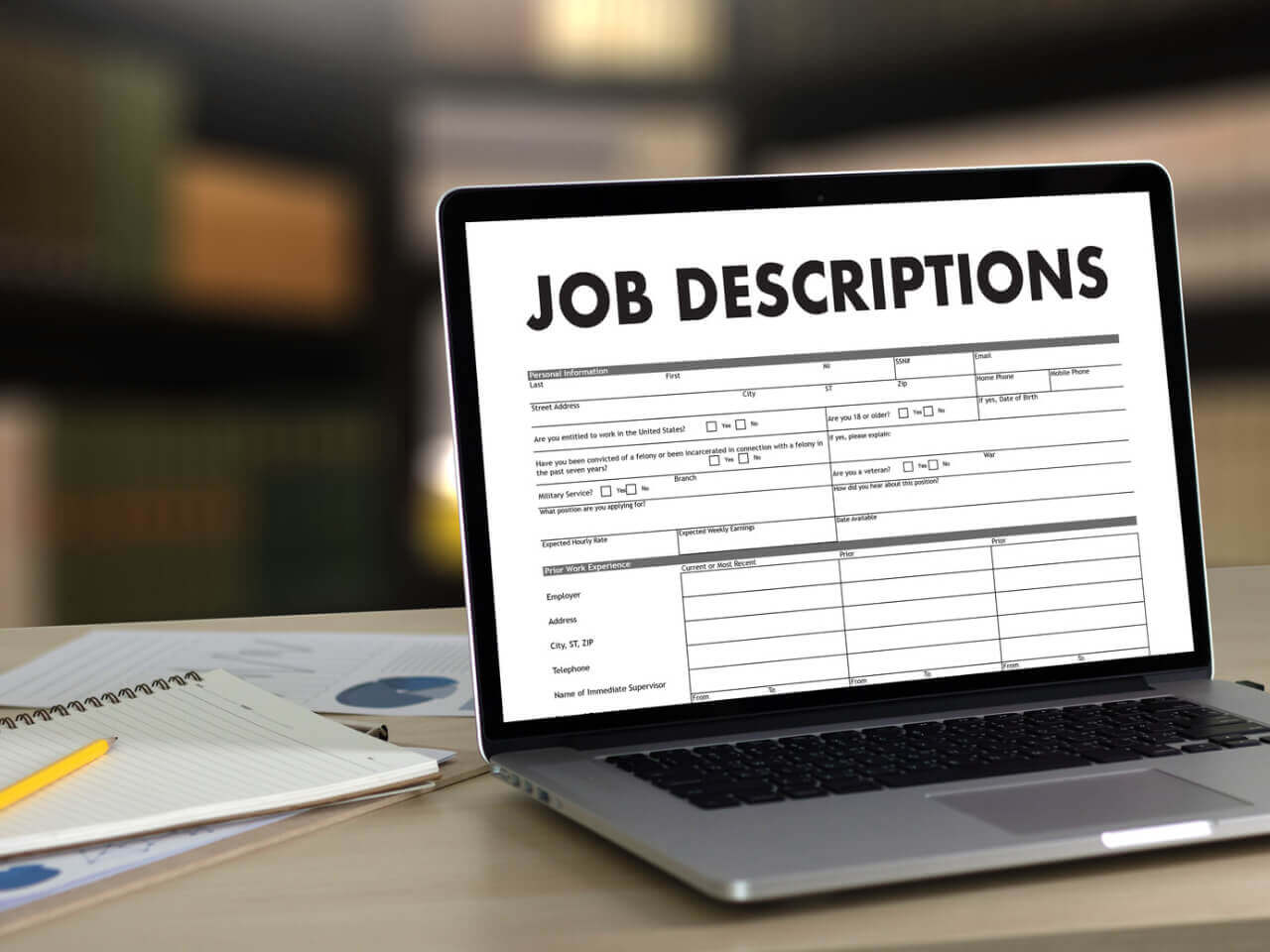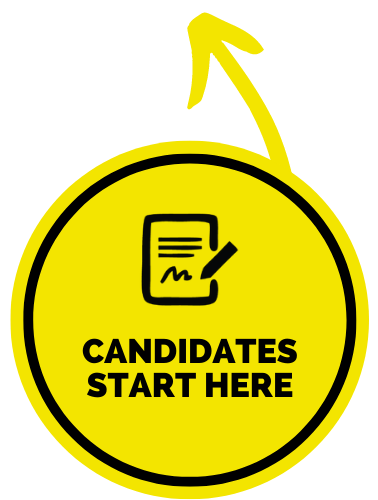
Whether it you call it a “Job Description”, “Job Detail” or Job Specification (aka Job Spec) – they all equal the same thing, a document that lists what a job is called and does.
You have seen those horrid job descriptions going:
Administrator needed, must do all admin – apply here.
And then we have all seen the 14-page job description listing every possible duty you ‘may’ need to do, and every possible KPI, performance measure, and what the culture is all about.
We created an easy 5 tips on creating the best job description! Why? If you get the job description right your plan to hire is so much easier and faster (start where you want to finish, they say).
Tip 1 – Make your Job Title Clear
There are some real fun Job Titles out there like ‘Chief Experience Officer’, ‘Dream Alchemist’, ‘Fashion Evangelist’, or one of my favorites ‘Chief Chatter’ for a Call Centre Manager. The problem with using Job Titles no one knows or understands is that you get the wrong type of people applying.
And yes, being creative on job titles is fun and shows your creativity but it will not get you to your end goal. Ensure your job title is clear in what the job entails and add Head/Leader/Manager if they will be leading a team. Keep it simple so they say.
Looking for what regular job titles are out there look at www.indeed.com
Tip 2 – Location and remote is so important now
Back in the day, everyone searched for jobs that would be closer to home. I never understood how someone could live in Johannesburg and spend 90 minutes in the car each way to get to Pretoria. People search for jobs close to their home, so if your office is based in Sandton list that clearly (especially if they are office-based).
Important during our new times, if the role is a remote position. List this so very CLEARLY! You will be amazed by how many more applications you will get.
Tip 3 – Salary, money, commission, benefits
You are competing against thousands of jobs in the market. Be the one that shows what the candidate gets if they work for you. What is your salary range – show it clearly so you cut out those that are not in that bracket (yes some will try their luck but most won’t).
And show clearly if the role gets commission, or bonus, or profit share … if you can’t show the big guns then show what else they can get that are non-financial like flexi hours, Friday afternoons off, etc. You want to be the one job that suits that one ideal candidate.
Look at some nice ways Crunchbase does this: https://about.crunchbase.com/about-us/careers/
Tip 4 – List the duties not the tasks
Often, we get confused between a duty and a task:
Duty = Manage the front desk according to SOP
Task = Answer telephones; Greet customers at the door; Complete filing daily
If you list the tasks, it becomes a job that is 8 pages long. Rather list the top 10 duties the person will do most days/weeks. This ensures it is clear for the candidate what the job will mostly entail. You can add at the top of the list job duties required for the role (other ad hoc duties required from time to time).
Not adding tasks and only adding requirements gives the candidate the idea that you really did not make an effort when writing this job description.
Tip 5 – Requirements
Yes, the 2nd most important part of the job description is after the job title but important what you list next to each requirement. If a degree is absolutely essential – meaning someone cannot do this job without a degree, then say mandatory. I have seen brilliant and perfect candidates NOT apply for an ideal role because someone listed mandatory next to items that weren’t absolutely required.
If you would like someone with experience in a specific software package but know they can probably learn in on the job, then add – advantage.
Does someone NEED to have experience in doing something specific? List words like mandatory, essential, and must have next to the experience. If it isn’t essential but would be nice to have then add advantage next to that word.
Look at https://jobcrystal.co.za/job-search/ on how we add the requirements.
In closing
Each word you add (or leave out) ensures you leave out candidates or invite ones in. Be careful of copy and paste someone else’s job description from the internet (do it to get a base but change it to be according to your job).
As we say with matching and finding the ideal candidates for the ideal job/company, every pot has its lid.










